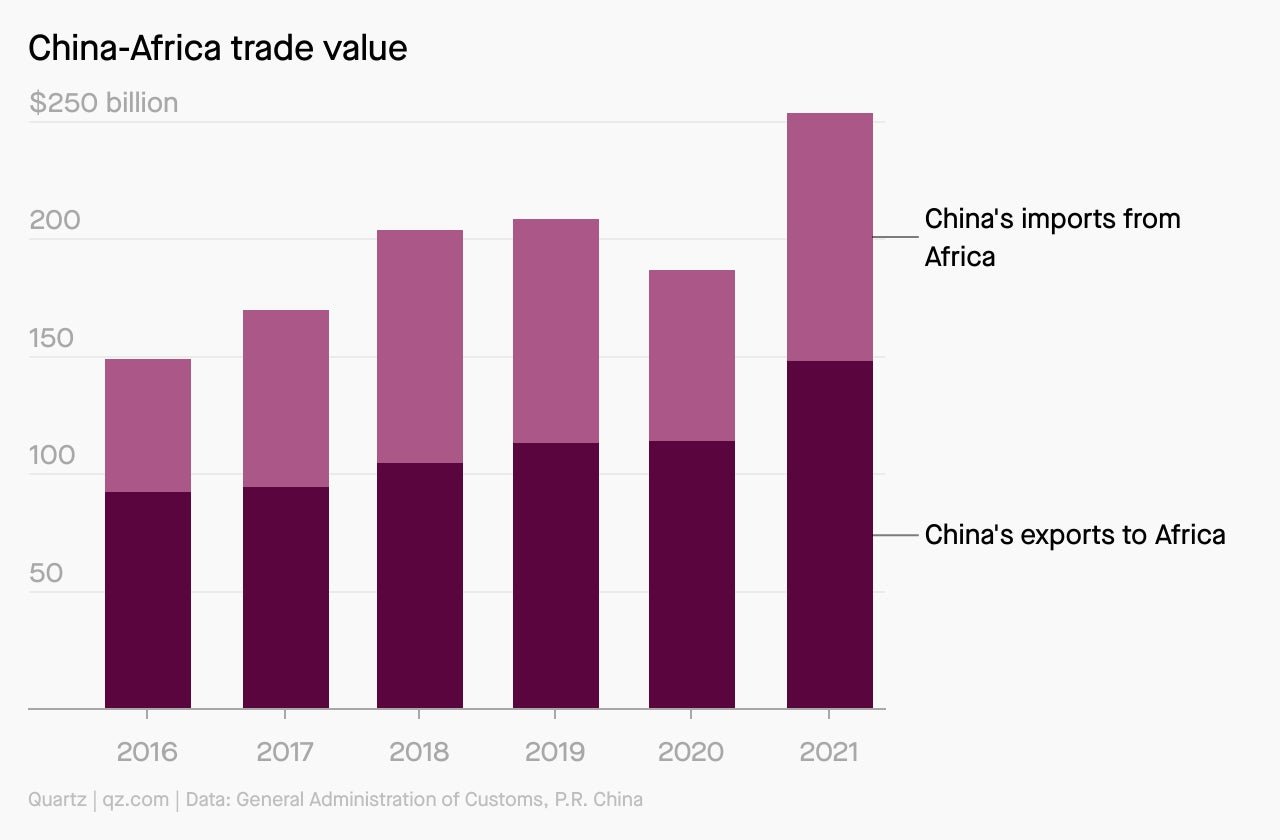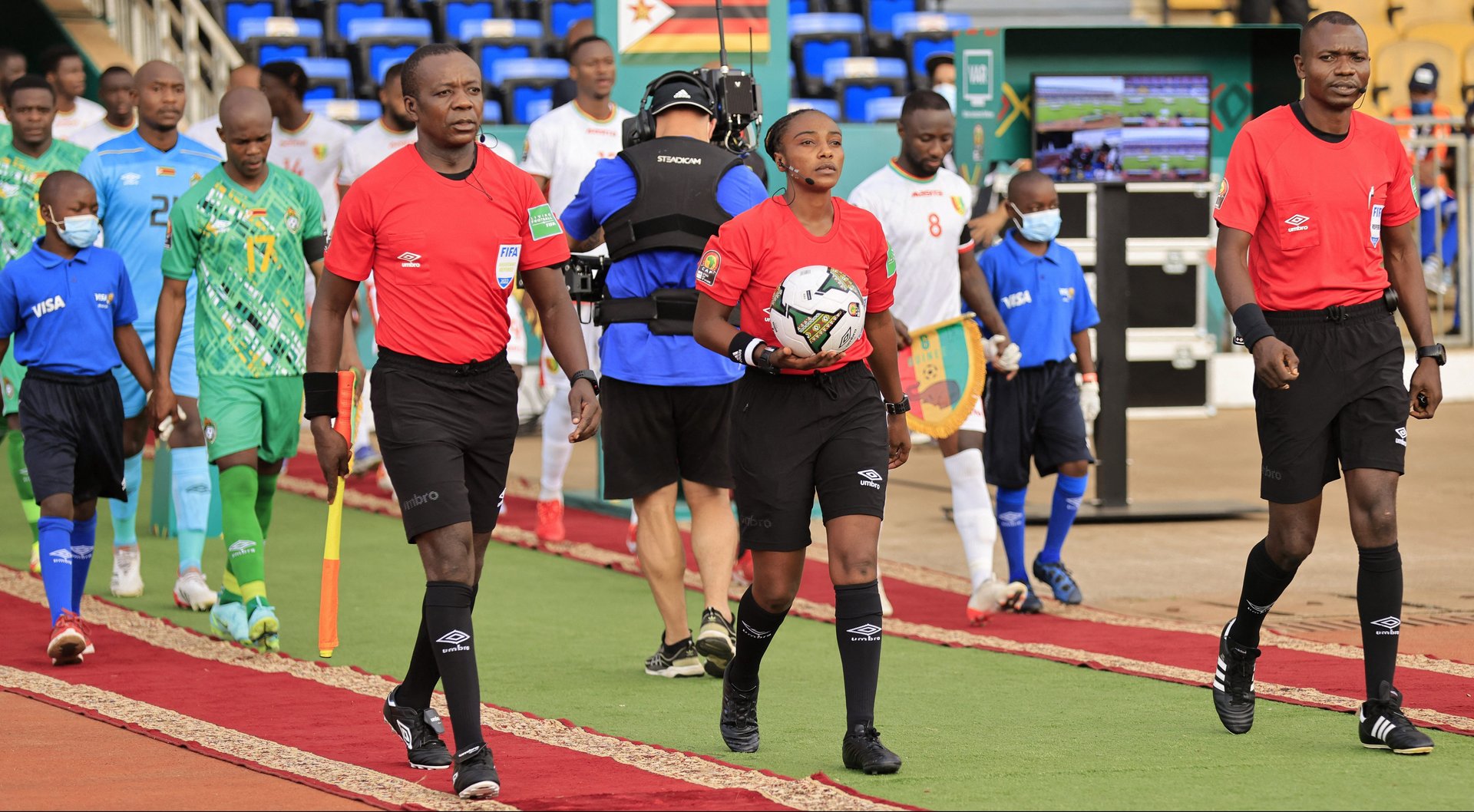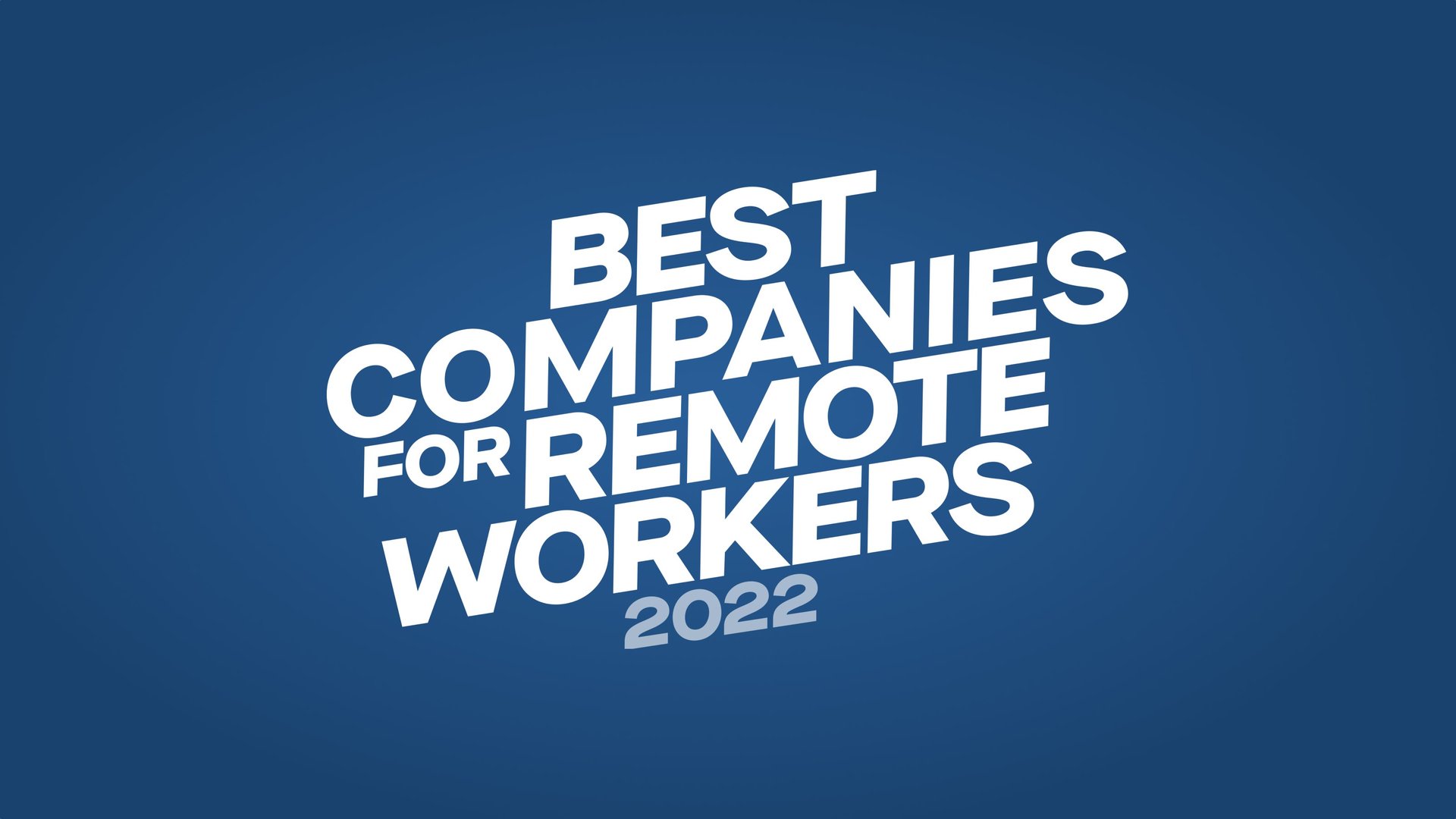African diplomats are live-streaming and making deliveries to China’s consumers
Hi Quartz Africa readers!


Hi Quartz Africa readers!
Rwanda and Ethiopia are using creative marketing approaches to attract e-commerce users in China and increase their exports to the Asian country.
Last week, Rwanda’s ambassador to China, James Kimonyo, rode a bike to deliver Rwandan coffee to a customer who had ordered it from the online retailer JD.com. Donning the company’s attire with JD.com workers in tow, Kimonyo went to the customer’s house, delivered the coffee, and signed a certificate thanking her for buying a Rwandan product.
Later, Ethiopia’s ambassador to China, Teshome Toga, participated in a livestream with top Chinese influencer Li Jiaqi, also known as Lipstick King, on e-commerce retailer Alibaba’s online shopping platform Tmall to launch and sell a brand of Ethiopian coffee in the country. In five seconds, 11,000 bags of coffee of the Arada Coffee brand, in 500 g packets, were sold.
With their marketing strategy, Rwanda and Ethiopia are looking to attract consumers in the world’s most populous country. China has almost 1 billion internet users, and it’s the largest e-commerce market in the world, making the country’s digital space an ideal marketing space for the African countries. China is already Africa’s largest trading partner: the continent exported goods worth $106 billion to China and imported goods worth $148 billion from the Asian country in 2021 (more on that below).
This trade deficit is likely to reduce, with China looking to import more goods from Africa, particularly agricultural products. The digital approach by Rwanda and Ethiopia to position themselves to sell more of their products to the Asian giant may also give this a boost.
Other African countries are also working to increase their exports to China. Kenya, for example, is creating an online platform to sell agricultural products including tea, coffee, and macadamia nuts.
Vera Songwe, the executive secretary of the United Nations Economic Commission for Africa, one of the livestream’s organizers said, “This trade initiative aims to ensure that Africa can bring back the balance of trade.” —Carlos Mureithi, east Africa correspondent
Stories this week
African investors must now start early. Y Combinator’s influence in the startup investing world is such that many investors wait for its signal before pouncing on deals. But as Alexander Onukwue writes, that could cease to be the case for African investors who now need to get in early due to YC’s revised standard deal.
Ghana Card’s banking integration frustrates citizens. In the name of curbing fraud, starting July 1, Ghana’s biometric card will be required for buying mobile phone sim cards, using mobile money, and for all banking transactions. Tawanda Karombo reports on the move that many Ghanaians are questioning.
The Akan origins of the name of one of the beverage world’s favorite plants. Quassin—which is also used for treating malaria and fevers—has largely replaced quinine in the beverage industry over the years, as it contains nature’s most bitter substance, which is 50-60 times more bitter than quinine. Uwagbale Edward-Ekpu describes the history of how the plant got its name.
Frustration is spurring west African coups. In Mali, Guinea, and most recently Burkina Faso, mutinous soldiers have sacked democratically elected presidents in bloodless coups. Alexander Onukwue explores the common thread across these events.
A Kenyan star makes history at the Australian Open. For the first time in 16 years a Kenyan has played at the Australian Open Juniors, and it is only the second time a Kenyan girl has played a junior Grand Slam tournament. Priya Sippy reports on Angella Okutoyi’s inspiring achievements.
Charting China-Africa imports and exports

China is Africa’s largest trading partner, with goods worth $254 billion traded between the two last year, according to China’s customs agency. But China’s exports outweigh its imports from Africa. Last year, Africa exported goods worth $106 billion to China and imported goods worth $148 billion from the Asian country. As highlighted by Carlos Mureithi in this week’s essay, African countries are coming up with innovative ways to close that gap.
Dealmaker
Africa-focused venture capital firm TLcom Capital raised $70 million for its second fund, which it wants to deploy in 20 African startups. But the company said this is just the first close; the fund’s target is to raise $150 million. TLcom is one of the continent’s biggest investors with a portfolio that includes Andela, Twiga Foods, and Kobo360. Investors in the first close include AfricaGrow, Proparco, the International Finance Corporation, and the CDC Group.
InstaDeep, a startup based in Tunis and London, raised $100 million in a round led by Alpha Intelligence Capital and CDIB, with the participation of BioNTech, Google, and others. InstaDeep provides artificial intelligence-based services to businesses through the work of its in-house team of 170 staff, including developers and machine learning engineers.
Nala, a Tanzanian international money transfer company, raised $10 million in a round led by Amplo, a firm that has previously invested in Andela and Sokowatch. Other investors include Accel, Bessemer Partners, DFS Lab, and a number of angel investors including Jonas Templestein, co-founder of Monzo, and Vladimir Tenev, Robinhood’s CEO. Outside of Tanzania, Nala is present in Kenya, Uganda, Rwanda, Ghana, and South Africa.
Person of interest

Salima Mukansanga, a Rwandan, is the first woman to officiate a match in the 65-year history of the Africa Cup of Nations.
The role of referee has historically been a male-dominated profession. Sexism, lack of female recruitment for the profession by soccer bodies, and harassment by spectators are some of the obstacles women face in refereeing in soccer and other sports as they create a hostile environment for the profession. Carlos Mureithi explains why this achievement is a milestone in the development of female refereeing in soccer in Africa and globally.
Quartz Gems
The Science Based Targets Initiative (SBTi) gives companies a process for making meaningful, and measurable, emissions reduction goals rooted in climate science. A group of 243 companies have set targets to reach net-zero emissions before 2050, on top of committing to reductions in line with limiting global temperatures to 1.5ºC higher than pre-industrial levels. These companies include some well-known names: Microsoft, Walmart, and IKEA.
We’ve gathered data on those 243 companies and visualized their ambitious near-term targets. Check out the interactive graphic.

Quartz Announcements

How does your company prioritize its remote workers? Submit your company today and see if it’ll make our ranking of the Best Companies for Remote Workers 2022 list.

If you’re concerned about sustainability and wellness, chances are you’re a consumer of oat milk, the latest star in the alternative milk scene. But does oat milk have appeal around the world? And who will lose out as big dairy muscles into the alt-milk space?
Check out this recent episode of the Quartz Obsession podcast, with reporter Sarah Todd taking the plunge.
Catch up before season two begins in February!
Listen on: Apple Podcasts | Spotify | Google
Other things we liked
Challenging Yoweri Museveni away from home. For the Guardian, Lizzy Davies profiles Ugandan scholar, poet, and human rights advocate Stella Nyanzi on prison, protest, and why she had to leave her home country for Germany.
The discovery of a mysterious stone. A black diamond weighing 555.55 carats will go up for auction at Sotheby’s on Feb. 3. For Reuters, Rollo Ross writes about the mystery of its origin, saying that such diamonds have only been found in Brazil and the Central African Republic.
Founders are becoming funders. For Rest of World, former Quartz Africa editor Yinka Adegoke explores a growing trend in African startup hubs where company founders and senior executives have started investing in up-and-coming startups within and outside their countries.
Nigeria’s oil dependency is waning. It is a member of the OPEC cabal and the sharing of oil wells still makes national news. But as Carl T. Macaulay writes in Stears Business, the trend since 2000 shows Nigeria is gradually shedding its reputation as an oil-based economy.
ICYMI
A closer look at East Africa’s economic outlook. Invest Africa will hold an event to discuss the region’s prospects in 2022. (Feb. 2)
Funding to study in the UK. The Eni-Oxford Africa Scholarships is offering funding for students from the continent to pursue an MBA at the University of Oxford. (Rolling basis)
🎵 This brief was produced while listening to “Peru” by Fireboy DML and Ed Sheeran (Nigeria and UK).
Our best wishes for a productive and ideas-filled week ahead. Please send any news, comments, suggestions, ideas, east African coffee, and Ghana cards to [email protected]. You can follow us on Twitter at @qzafrica for updates throughout the day.
If you received this email from a friend or colleague, you can sign up here to receive the Quartz Africa Weekly Brief in your inbox every week. You can also follow Quartz Africa on Facebook.